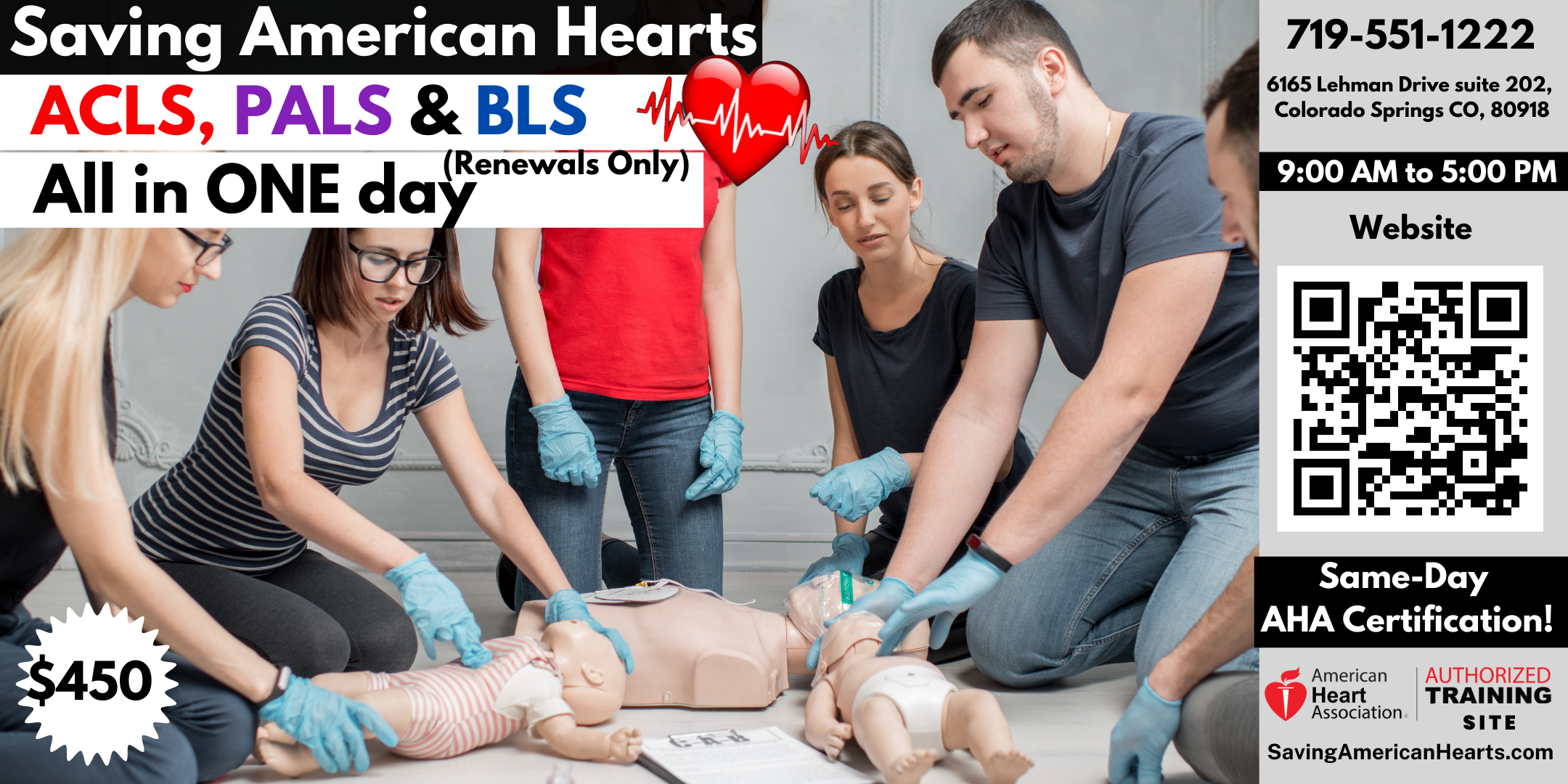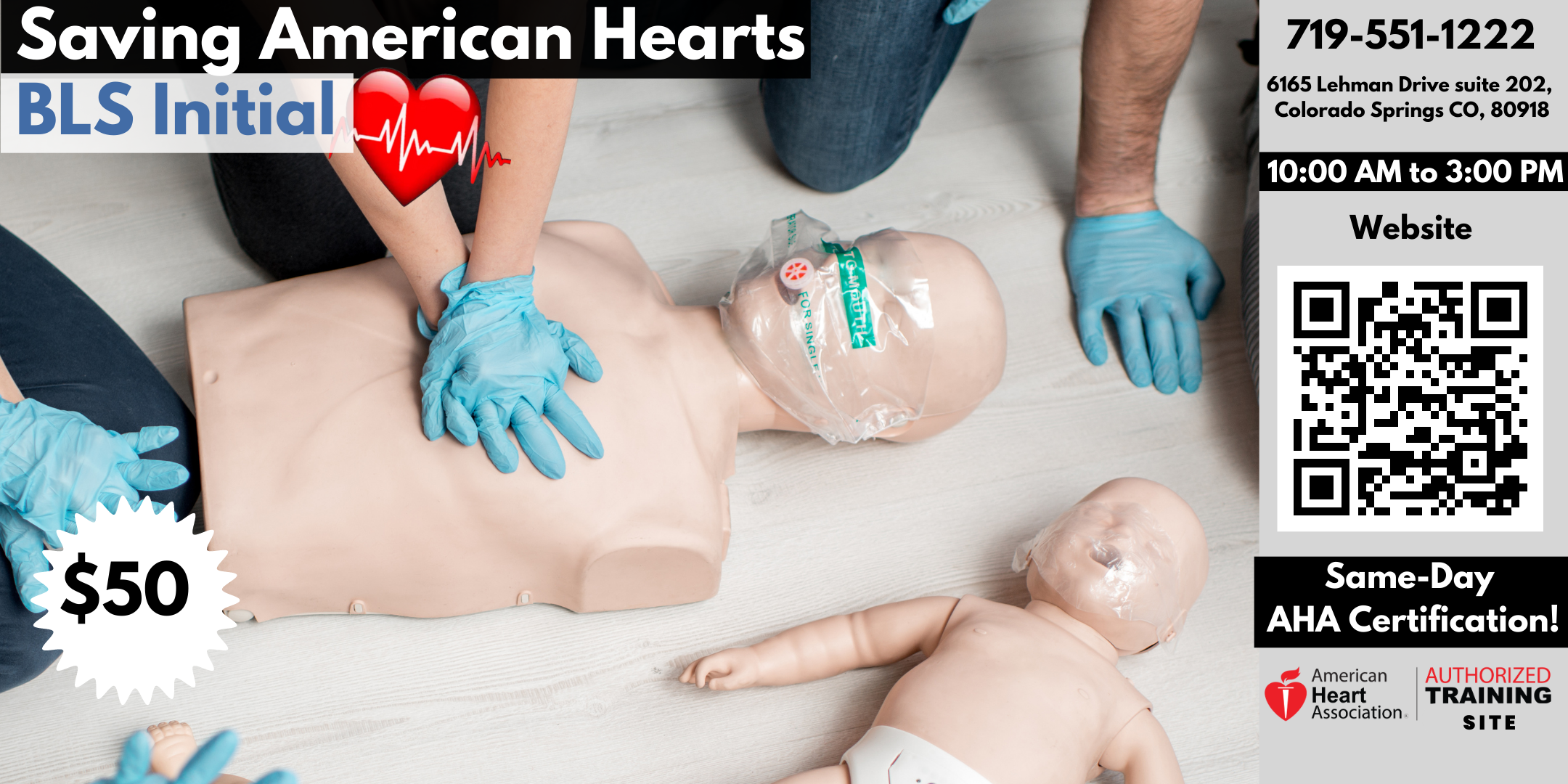Posted by By Lynn Kawano and HNN Staff May 25, 2023 on Jun 18th 2023
Pilot program aims to expand CPR and first aid training for students and school staff
Pilot program aims to expand CPR and first aid training for students and school staff
Every DOE school currently has at least one person on campus trained in life-saving measures, but a bill on the governor’s desk could expand that.
CPR, first aid, and defibrillator courses could be offered to public school students in the near future as the state Department of Education looks to get more people trained.
A measure passed by lawmakers calls for a pilot project.
One central Oahu campus will be chosen to start a medical response team.
“There would be a set of teachers, principal, and vice principals, and other support staff that would be certified and trained in an array of emergency responses, including CPR,” said State Rep. Justin Woodson.
Curt Otaguro, supervisor of operations of the DOE, added:
“We’re hopeful that we will go back to the legislature after we run out the pilot with the results and show them what it meant for the schools and the students as well as the teachers to feel comfortable in doing CPR.”
First responders are supportive of any efforts to expand training.
“Every minute that goes by, we’re losing chances of survival and the long-term outcomes for these patients,” said Paramedic Sunny Johnson, of Honolulu EMS. “So the more people that are certified, the quicker that CPR can get started, the quicker defibrillation can happen.”
Eventually, the DOE would like to offer every student the opportunity to be trained.
“You never know when you can save a life at home or at the park. There may not always be an adult around. And at least if you have some awareness of what you can do, doing something is never wrong,” said Ilima Intermediate Principal Shayne Greenland.
Washington State requires CPR courses for graduation.
“Most of our students take that either in their PE class or in their health class,” said Laura Miccile, CPR program manager at Seattle and King County EMS. “It’s surprising how many, many younger people have had an experience with having to provide CPR to a family member.”
While the DOE is supportive of expanding training, funding is an issue.
Grant money and partnerships with health communities could supplement the costs of purchasing dummies and equipment.
The DOE has yet to decide on which school will be part of the pilot project.

